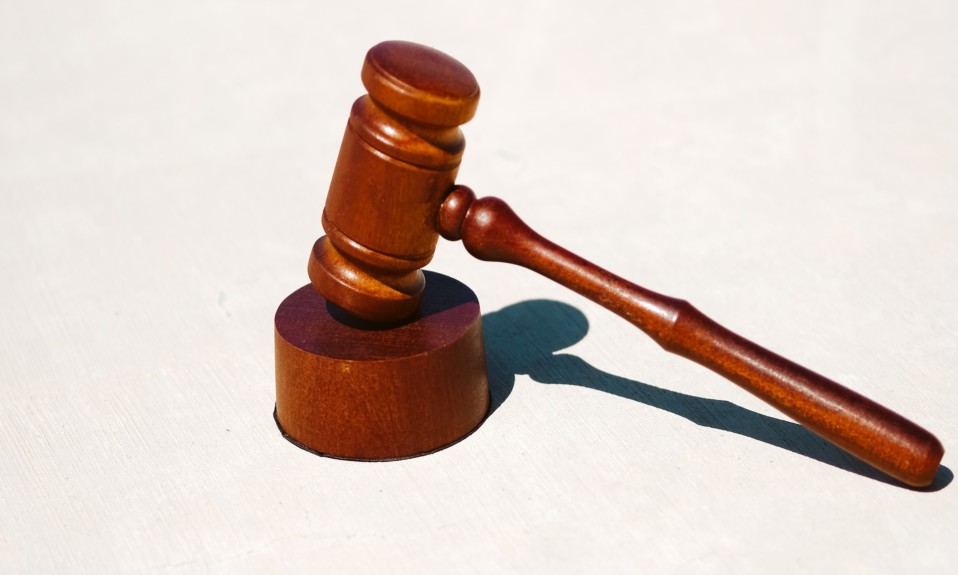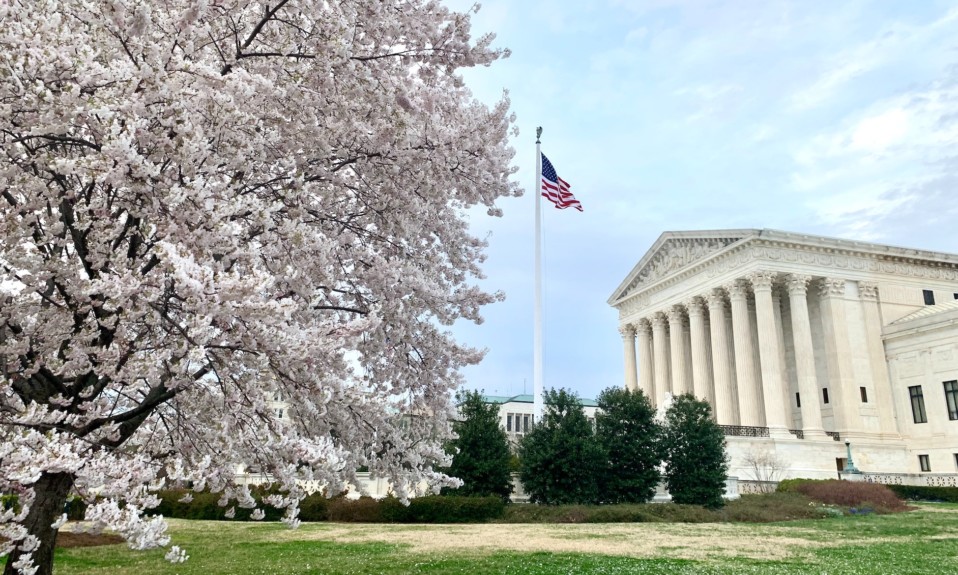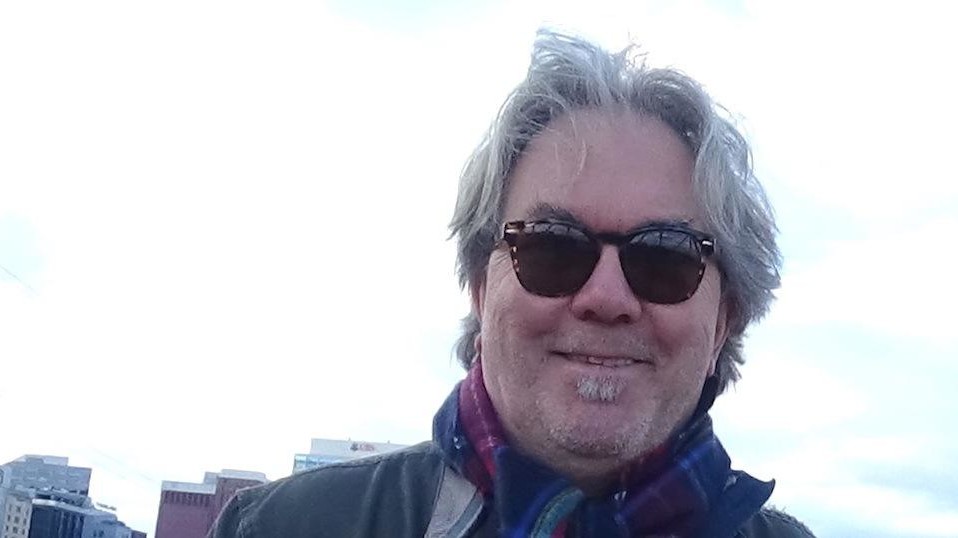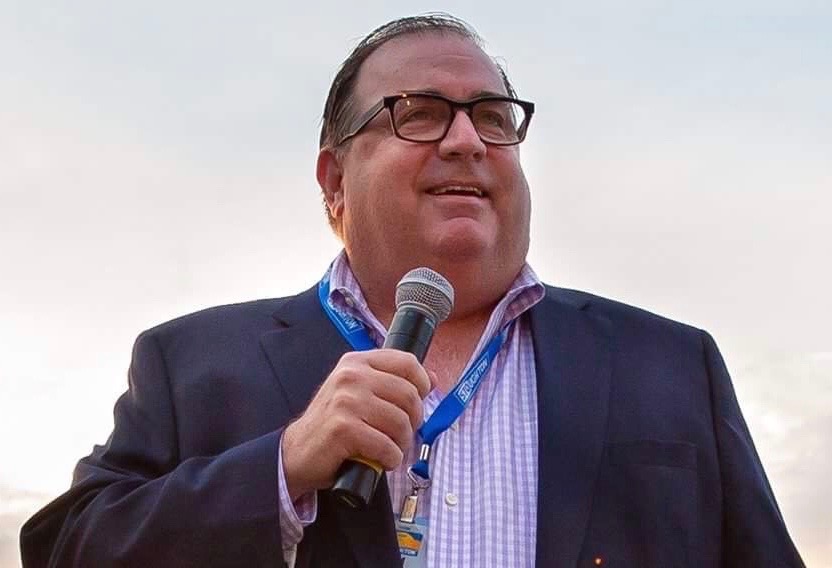Plus: Music artists in support of recovery, and more treatment news
By Mark Mravic
New & Next: Legal
New Legal Standard Is a Lifeline for Doctors Facing Opioid Charges
In the wake of a Supreme Court ruling earlier this year that raised the burden of proof in pill mill cases, a growing number of doctors convicted of or facing prosecution for overprescribing opioids are moving to take advantage of the changed legal landscape. Kaiser Health News reports that the ruling in Ruan v. United States has been invoked in at least 15 ongoing prosecutions across 10 states—including in post-conviction appeals, motions for acquittal, requests for new trials, plea reversals and an attempt to exclude an expert witness; a number of other cases have been successfully delayed so that defense lawyers can reframe their arguments in light of the new legal groundwork. KHN notes that a month after the high court’s unanimous decision, an Oklahoma doctor who had pled guilty to six counts of drug dealing in exchange for a lighter sentence asked that his plea deal be thrown out and his case go to trial instead. He and his legal team are willing to risk a far lengthier sentence, confident that they can now prevail.
“My hope is that criminal defense attorneys like myself are more emboldened to take their cases to trial and that their clients are 100% ready to fight the feds.”
—lawyer Anjali Prasad, to Kaiser Health News
In most jurisdictions, the burden for a conviction for overprescribing had been to show that a doctor’s action exceeded an “objective standard” that a hypothetical reasonable physician would follow; juries were told not to take into account the doctor’s state of mind or reasoning. Under the court’s new interpretation of the Controlled Substances Act, physicians can now use a “good faith,” argument—that is, that they believed they were acting in the best interests of their patient, even if their practices were wildly out of line with normal standards of care.
Speaking to KHN, attorney Anjali Prasad, who is planning to appeal the conviction of a Michigan doctor sentenced to 20 years on federal fraud and drug charges, said, “My hope is that criminal defense attorneys like myself are more emboldened to take their cases to trial and that their clients are 100% ready to fight the feds, which is no easy task. We just duke it out in the courtroom. We can prevail that way.”
New & Next: Media
Billy Corgan Blasts Music Industry for Addiction Failures
From Elvis Presley to Kurt Cobain to Prince, the music industry is notorious for driving artists to addiction, suicide and death by overdose. Indeed, popular culture has accepted—and even celebrated—alcohol and drug use as part of the rock star lifestyle, and substance use is often viewed as a creative force within the profession. Finally, however, a growing number of figures in the field are speaking out against the industry’s failures in confronting the destructiveness of substance use, and working to make things better. In a wide-ranging interview with WFAN sports radio, Smashing Pumpkins frontman Billy Corgan—a 30-year industry veteran who has seen a number of fellow musicians succumb to substance use disorder (SUD)—lambasted the music business for its lack of mental health and substance use support.
“I don’t know if you can be happy in the music business, because the music business is designed to mess with your head,” Corgan told WFAN hosts Boomer Esiason and Gregg Giannotti, ahead of Smashing Pumpkins’ first album release and tour in years. “Think of all the people my generation has lost just to addiction and suicide alone. It is a travesty that there [weren’t] more support systems around those artists.”
Corgan went on to compare how pro sports nurtures its top stars to the routine in his industry. “When you find a needle in a haystack, which an NFL top-level quarterback is, the NFL has figured it out. But the music business hasn’t, because the music business is based more on exploitation. … I think the 21st century of the music business should be a legacy of finding artists young, fostering them and making sure that they go on to create great music for generations to come.”
New & Next: Facilities
Boston Hiphop Star Brings Recovery Support Home
Another artist actively working to combat addiction is hiphop artist Slaine. In September the Boston-born rapper opened a 110-bed detox and stabilization facility, Charles River Recovery, in Weston, Mass., just outside his hometown. Born George Carroll, Slaine rose to prominence in the mid-2000s with the supergroup La Coka Nostra, but he battled drugs and alcohol until finding sobriety in 2014. During the pandemic, he returned to his roots and got involved with the Boston recovery community after seeing that resources were lacking. “I began to find that this was work that I was passionate about and this is what I am supposed to be doing right now,” he told hiphopdx.com. “I also learned a lot about how the system works and doesn’t work and thought maybe I could make a difference in this area.”
He added, “I know how to connect with other people and be part of a team. My hope is to be a small part of the solution. I think it just starts with helping one person at a time.”
New & Next: Events
Big Names Highlight the November Global Exchange Conference
Billed as “the world’s largest mental health, addiction and wellness conference,” the Global Exchange event will take place at Disney World Resort in Orlando Nov. 1-4. Bringing together three disciplines, the conference will offer participants the opportunity to learn within their own and aligned fields, “to inspire an exchange of thought-provoking perspectives and pathways that will lead to a more vibrant and productive approach of therapeutic methods to help those in need.”
Conference originator Jerry Schwab, CEO of High Watch Recovery Center, said in a release, “In a time where we must all work together for the well-being of individuals and communities, the Global Exchange Conference is perfectly positioned to bring together healthcare professionals for a restorative conference of caring, connecting, collaboration and change.”
The event will offer more than 65 education sessions and 75-plus speakers, presenters and experts, including Deepak Chopra, Gabor Mate, Margaret Trudeau, James Flowers, Marianne Williamson, Russell Brand and Tian Dayton. Guest speakers Whoopi Goldberg and Rob Lowe will provide their insights on addiction recovery and advocacy. For more information and to register, go to theglobalexchange.com.
Top photo: Ian Hutchinson













